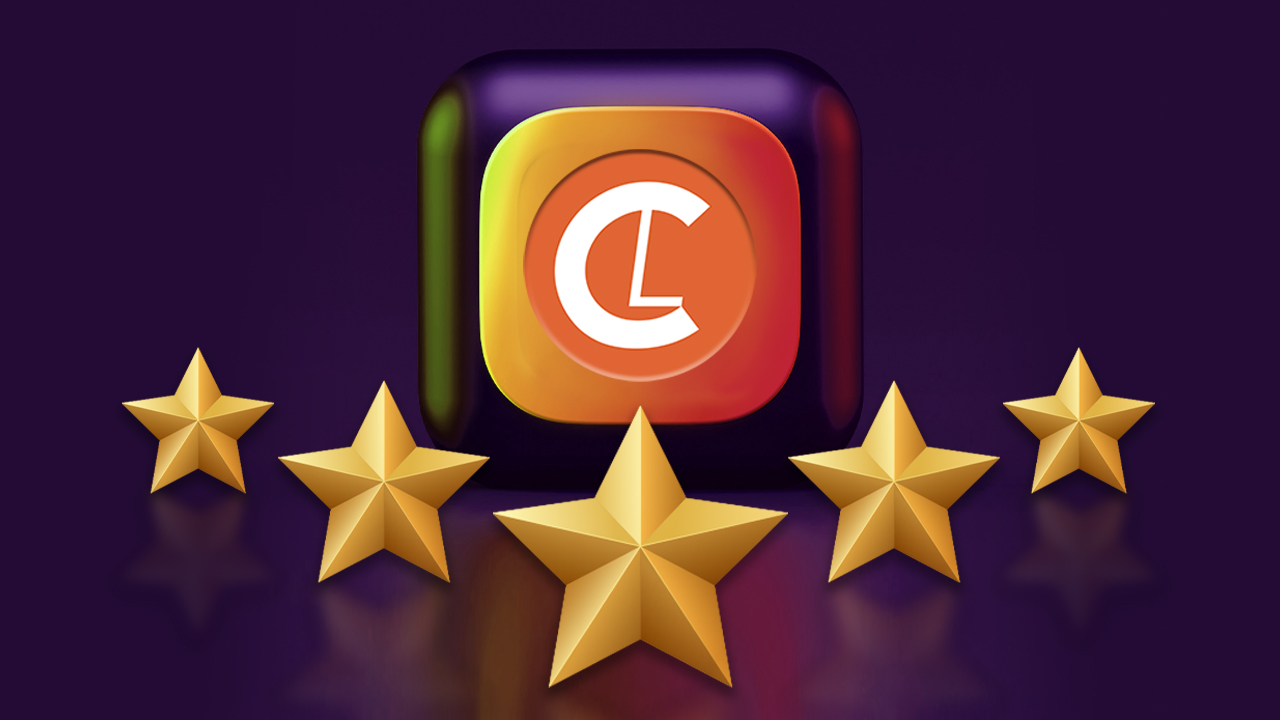In the intricate tapestry of global communication, translation’s role extends far beyond mere linguistic conversion. It is a complex process that demands high ethical consideration, especially regarding confidentiality, accuracy, cultural bias, and fair compensation. This discourse highlights these ethical dimensions, underscoring their significance in fostering trust, respect, and equity in the translation industry. At Clearly Local, we embrace these ethical dimensions, underscoring their relevance in promoting trust, respect, and equity in the translation industry.
Confidentiality: The Keystone of Professional Trust
Confidentiality in translation is paramount. Whether dealing with corporate contracts, personal documents, or sensitive governmental communications, the sanctity of private information must be preserved. A breach of confidentiality can lead to a loss of trust, legal repercussions, and damage to reputations. We implement stringent data protection measures and adhere to non-disclosure agreements rigorously. This commitment to confidentiality not only protects our clients but also enhances the credibility of the translation profession.
Accuracy: The Core of Translation Integrity
Translation accuracy is not merely about linguistic precision but conveying the original message without distortion or omission. This task becomes particularly challenging when navigating technical jargon, idiomatic expressions, and nuanced cultural concepts. At Clearly Local, our translators possess linguistic expertise and a deep understanding of the subject matter and the cultural contexts of both the source and target languages. Inaccurate translations can lead to misunderstandings, misinterpretations, and, at times, severe consequences. Therefore, maintaining high standards of accuracy is not just an ethical obligation but a foundational element of professional integrity in translation.
Cultural Bias: Navigating the Cultural Landscape with Sensitivity
Cultural translation bias can inadvertently alter a text’s intended meaning and perpetuate stereotypes. Clearly Local’s translators are cultural intermediaries, and their work demands an unbiased perspective to ensure that personal beliefs or cultural misconceptions do not color translations. It is crucial to approach texts with cultural sensitivity and an awareness of the socio-political nuances that may influence interpretation. Overcoming cultural bias requires continuous learning, self-reflection, and an empathetic engagement with the source and target cultures. By doing so, translators uphold the respect for diversity and foster a more inclusive understanding across linguistic boundaries.
Respect, Provide, and Communicate

At Clearly Local, we treasure our professional resources network providing a trusting and mutually triumphant relationship. Fair compensation is a fundamental ethical issue in the translation industry. The meticulous effort, expertise, and time that professional translation demands should be met with equitable remuneration. In an era where machine translation and the undervaluation of linguistic skills challenge the industry’s financial standards, it’s crucial to uphold the value of human expertise. Our commitment to fair compensation is unwavering, serving as a key differentiator in the market. Our efforts in this regard have not gone unnoticed, as evidenced by our 5-star rating on Proz.com, a leading platform for translation professionals. This esteemed rating reflects our dedication to providing exemplary translation services and ensuring that our translators are rewarded fairly for their invaluable contributions. By prioritizing fair compensation, we strive to attract and retain the industry’s top talent, providing sustainability and superior quality of our services. Our Proz.com rating is a testament to our commitment to these principles, reinforcing our position as a leader in ethical translation practices.
Conclusion
The ethical considerations in translation—confidentiality, accuracy, cultural bias, and fair compensation—are intertwined, each reinforcing the importance of the others. Upholding these ethical standards is imperative for building and maintaining trust between clients, translators, and translation agencies. It fosters a professional environment where quality, respect, and fairness are paramount.
As the world becomes increasingly interconnected, the demand for high-quality translation services will continue to grow. Clearly Local is committed to rising to the occasion by not only meeting this demand but doing so in a manner that upholds the highest ethical standards. By addressing these challenges, we ensure that our industry remains a vital and respected component of global communication.
In conclusion, the ethics of translation are not peripheral concerns but central to the practice and profession of translation. They demand our attention, commitment, and action. As we navigate the complexities of language and culture, let us do so with an unwavering commitment to the ethical principles of our profession. In doing so, we enhance the quality of our work and contribute to a more understanding, respectful, and connected world.

